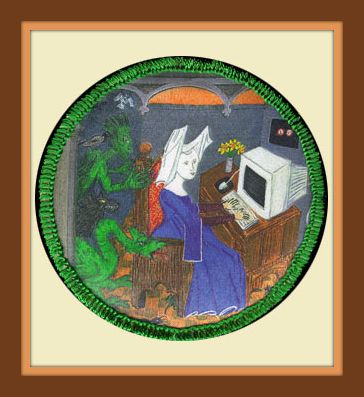Blink was the selection for book group this month, and so I reread this widely popular and fascinating account of the way humans can make instantaneous decisions by Malcolm Gladwell. I found that my reaction the second time through was quite a bit different than the first.
The first time, I was taken, amazed, and intrigued by Gladwell's anecdote after anecdote: speed dating, the health of marriages, Greek statues, and food tasters to name just a few, all woven together in a narrative about how humans are wired to make sound judgements in short order. I love reading Gladwell in the New Yorker. He turns an argument on its head, but in such a logical and unimpeachable manner, and tells the stories to back it up that I am led to believe him and feel he is a harbinger of social change. Blink reads like a series of New Yorker articles with the same clear narrative, embedded in larger arguments.
This time through, though, instead of focusing the majority of my attention on his examples, I concentrated on his over-arching theory. He starts out the book with quite grandiose claims:
1--Blink will convince the reader that decisions made quickly can be every bit as good as decisions made cautiously and deliberately. Ok, so I think he met this objective with me.
2--We will learn when to trust our instincts and when we should be wary of them. "When our powers of rapid cognition go awry, they go awry for a very specific and consistent set of reasons, and those reasons can be identified and understood." Totally failed with me. With all the examples where accurate judgment was rendered instantly and where it failed, I couldn't see the big lessons. "If someone 'looks' like a president, I should be wary of his ability to be a good president?" (Warren Harding example) "If someone is black, I need to know that I probably have unconscious biases towards them?" (Implicit Association Test and the Amadoo Diallo example)
3--We will be convinced that our snap judgments and first impressions can be educated and controlled. I might be slightly convinced, but I don't have really a good of how they can be trained.
I read a couple of reviews that echoed what I felt:
From Salon.com: Still, it's hard to know what to do with this news about how our unconscious works...If you're looking for one, this is the main flaw in Gladwell's work: He sees great meaning in the connections between many bodies of research, and he claims nothing less than that the meaning he has extracted could possibly change life as we know it. But in the end he's not very specific about how such changes will occur, or about how we should proceed in implementing the things he shows us. There are likely to be many readers who'll feel empty by the end, who will question whether the entire theory actually means anything or whether, instead, they've just been treated to a tour of Gladwell's really fabulous cabinet of strange wonders, and that all there is to do about it is discuss what they saw. (I love that language!)
From NYT: If you want to trust my snap judgment, buy this book: you'll be delighted. If you want to trust my more reflective second judgment, buy it: you'll be delighted but frustrated, troubled and left wanting more.
Wednesday, January 17, 2007
Blink
Labels:
Book Group,
Off the Stacks
Subscribe to:
Post Comments (Atom)

No comments:
Post a Comment